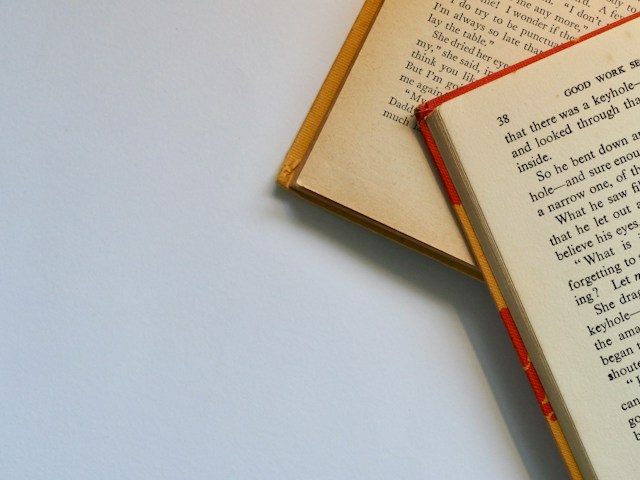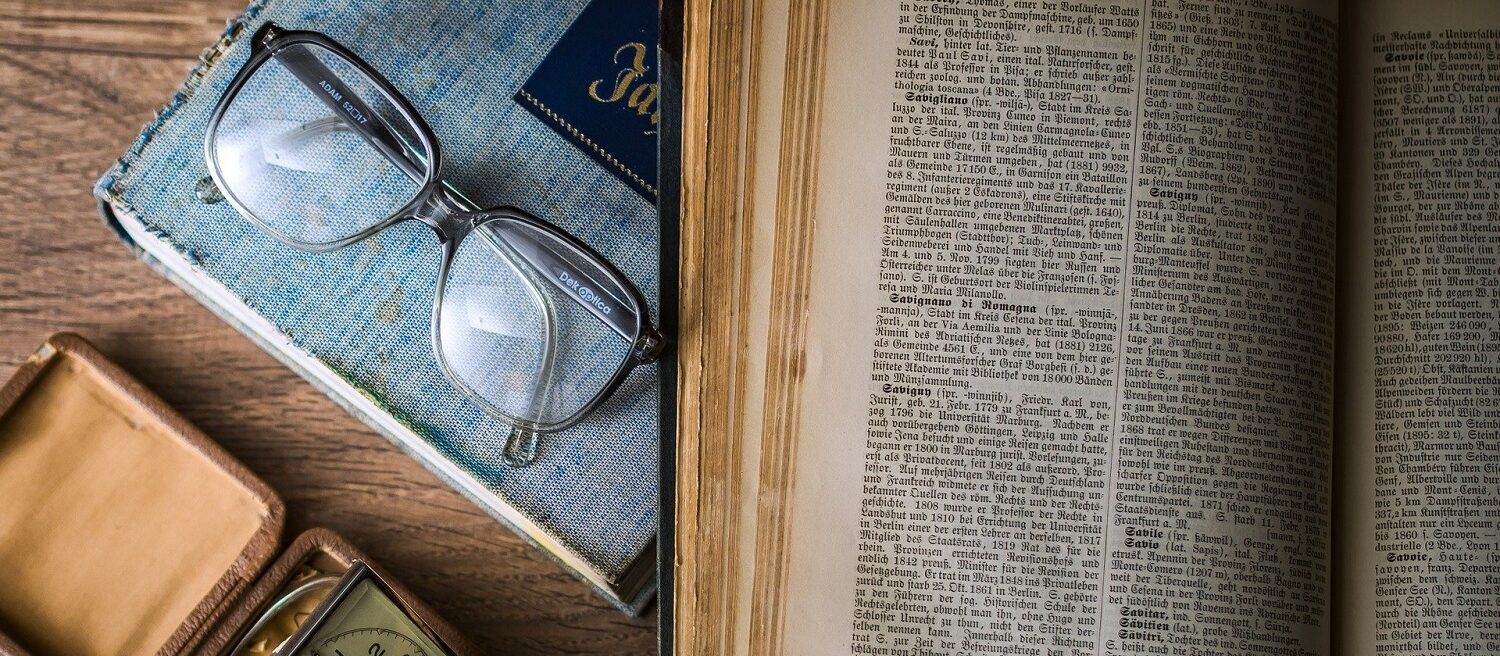Real readers, first, change from epoch to epoch and, second, are decidedly unequal to one another at every historical moment. Particularly sharply different are the readers of the relatively narrow, artistically educated stratum, most involved in the intellectual and literary currents of their era, and those in the broader community, who are (not quite accurately) called “mass readers.
Literary critics form a kind of vanguard of the reading public, or more precisely, its artistically educated part. Their work is a very important component (and factor) of literature in its present functioning.
The vocation and task of criticism is to evaluate artistic works (mostly newly created ones) and at the same time to substantiate their judgments. You read a poem, look at a painting, listen to a sonata,” wrote V.A. Zhukovsky, “you feel pleasure or displeasure – that is taste; to understand the reason for this and that – that is criticism.
Literary criticism plays the role of a creative intermediary between writers and readers. It has the power to stimulate and guide writing.
Criticism also influences the reading public, sometimes quite actively. “The critic’s “convictions and aesthetic taste,” his “personality as a whole,” “may be no less interesting than the writer’s work.
Criticism in past centuries (up to the eighteenth) was predominantly normative. It persistently compared the works under discussion with genre models. New criticism (11-20th centuries) proceeds from the author’s right to create according to the laws he has recognized for himself. It is interested above all in the work’s inimitable individual character, in the uniqueness of its form and content (and in this sense is interpretative).
“Diderot, in his introduction to the aesthetics of romanticism, wrote: “May Aristotle forgive me, but criticism is wrong if it deduces immutable laws from the most perfect works, as if there were not innumerable ways to please!
While evaluating and interpreting particular works, criticism also examines the literary process of the present (the genre of critical review of current literature in Russia has been firmly established since the Pushkin era) and formulates artistic and theoretical programs to guide literary development.
Literary critics are also responsible for examining long-established works in the light of their (critics’) contemporary problems.
Literary criticism has an ambiguous relationship to the science of literature. Literary criticism has a controversial relationship to the science of literature. But there is also essays and criticism that make no pretense to be analytical or illustrative, but are mostly experiments in subjective, emotional comprehension of works.



